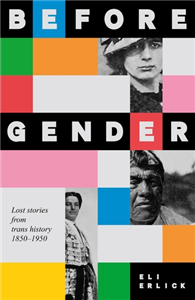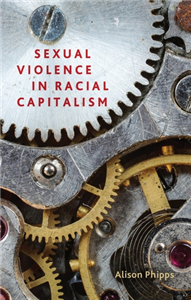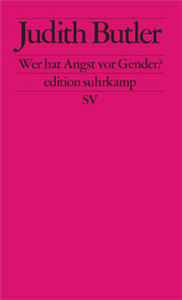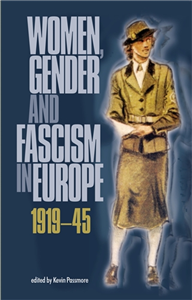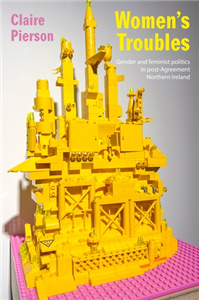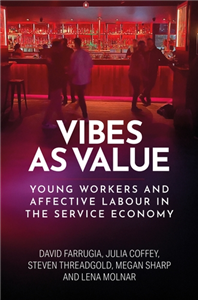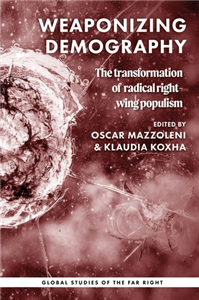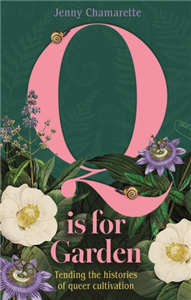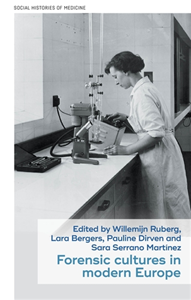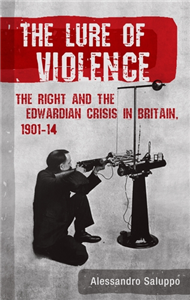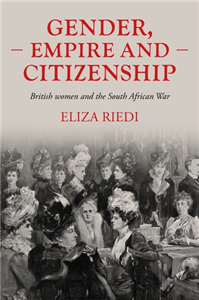Bastei Lübbe AG
Bastei Lübbe AG, based in Cologne, Germany, is a large, both traditional and modern company in the German publishing industry, specializing in the publication of books, audio books and eBooks with fiction and popular science content. The company's core business also includes periodically published novel books. The product range of the twelve imprints of the media company currently comprises a total of around 3,600 titles from the fiction, non-fiction, children's and youth book sectors. International and national bestselling authors such as Ken Follett, Dan Brown, Jeff Kinney, Rebecca Gablé, Petra Hülsmann, Andreas Eschbach, Timur Vermes and many more have published their books at the Cologne publishing house, some of them for decades. Die in Köln ansässige Bastei Lübbe AG ist ein großes, sowohl traditionsreiches wie auch modernes Unternehmen im deutschen Verlagswesen, das auf die Herausgabe von Büchern, Hörbüchern und eBooks mit belletristischen und populärwissenschaftlichen Inhalten spezialisiert ist. Zum Kerngeschäft des Unternehmens gehören auch die periodisch erscheinenden Romanhefte. Das Angebot der zwölf Verlage und Imprints des vor mehr als 60 Jahren gegründeten Medienhauses umfasst derzeit insgesamt rund 3.600 Titel aus den Bereichen Belletristik, Sach-, Kinder- und Jugendbuch. Internationale und nationale Bestsellerautoren wie Ken Follett, Dan Brown, Jeff Kinney, Rebecca Gablé, Petra Hülsmann, Andreas Eschbach, Timur Vermes und viele mehr veröffentlichen ihre Bücher zum Teil seit Jahrzehnten im Kölner Verlagshaus.
View Rights Portal




